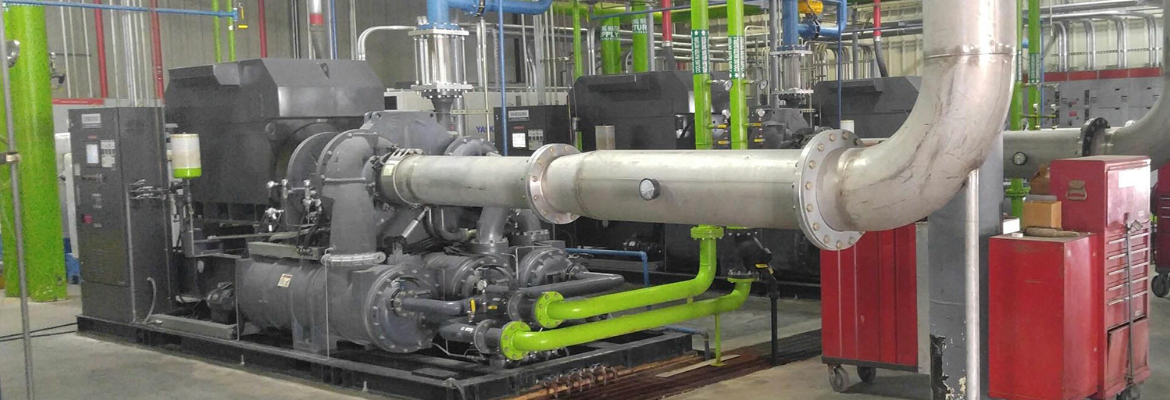According to industry estimates, a significant portion of electricity consumed by industrial facilities is dedicated to compressed air systems, with energy-related costs making up 80% of the cost of a new system over its 5-year lifespan. However, with proper auditing and modification, these costs can be reduced by as much as 40%.
Reducing energy expenses, while also extending the service life of your compressed air equipment, is now achievable. Approximately 20% of compressed air is wasted in these systems, making efficient use a crucial factor in reducing energy costs. Partnering with a compressed air specialist to complete a system audit is the first step towards lowering your energy bills.
At Harris, we assist plant managers, maintenance engineers, production managers, project managers, and planning engineers to optimize their compressed air systems and reap the benefits of energy-cost savings. Our five-step process is designed to help you get the most out of your compressed air system:
- Establish an Accurate Baseline: A compressed air specialist will assess your system’s demand requirements and analyze how the air supply meets that demand. Compressors operating at full-load are more efficient than those running at part-load.
- Evaluate End-Use Applications: An estimated 5% to 10% of compressed air is wasted through end-uses with pressure fluctuations. Review the pressure level requirements for all tools to ensure the appropriate pressure level is being applied.
- Identify Inefficient Uses: Compressed air is sometimes utilized in ways that could be improved for efficiency.
- Eliminate Leaks: Leaks can waste 20%-30% of a compressor’s output. An ultrasonic acoustic detector or soapy water can identify leaks, which should be repaired starting with the largest leaks first.
Adjust Control and Storage Strategies:
Compressed air storage allows the system to meet peak demand requirements without starting additional compressors. Controls reduce lost air volume and optimize compressed air usage.
Remember, inefficiencies in compressed air systems are often due to user error, improper configuration, or wasted air. That is why a comprehensive evaluation of the entire system is necessary to achieve energy-cost savings. At Harris, our compressed air system auditors have extensive training and experience in the entire compressed air system, not just the compressor. Don’t let energy costs continue to drive up expenses – contact Harris today to optimize your compressed air system and start reducing energy costs.

